[ad_1]
[Why you should watch] Yumi’s Cells
by Dramaddictally
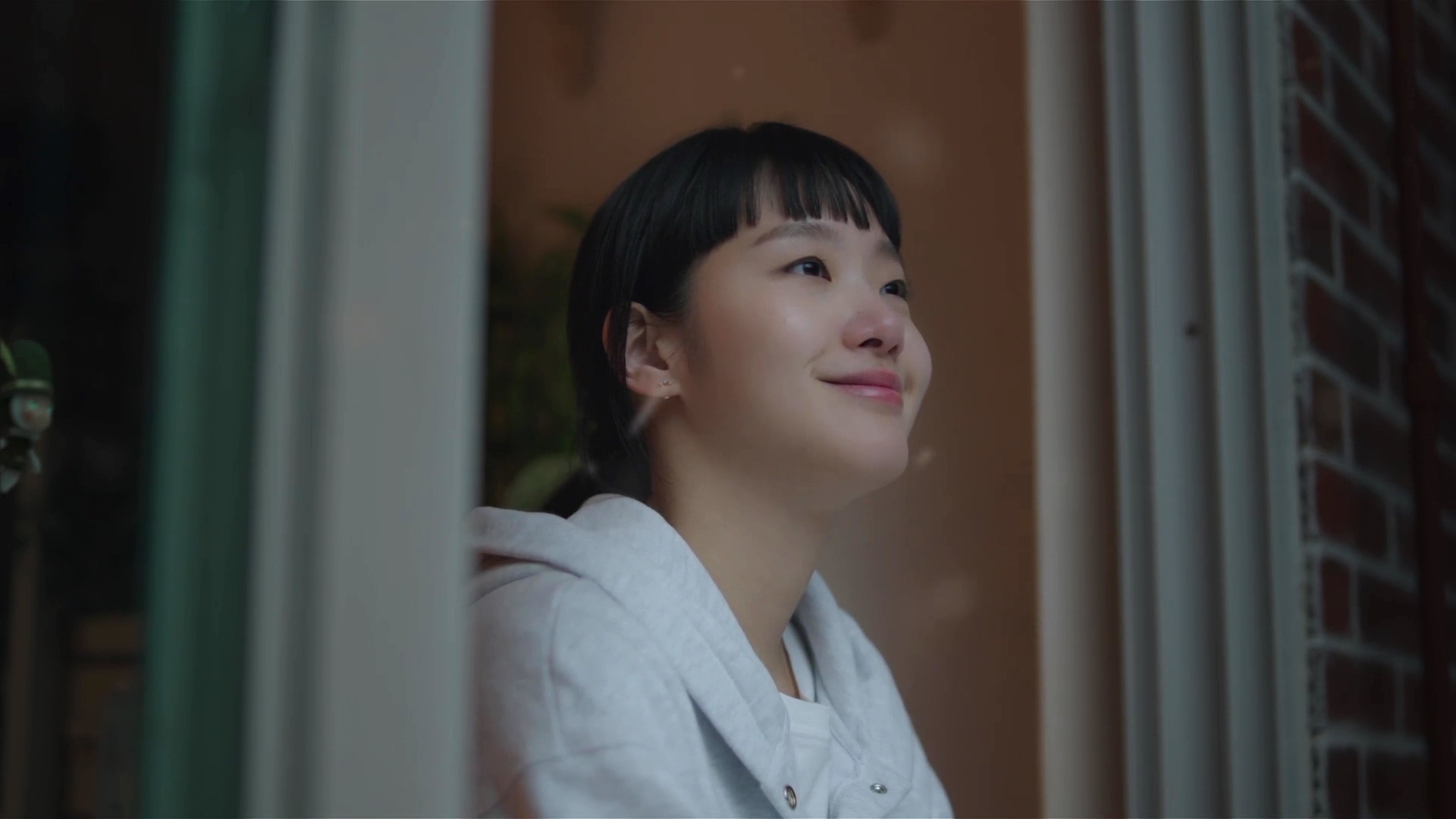
I’m going out on a limb and assuming there are people who haven’t watched this drama. If you are one of those people, this essay is for you! And if you’ve already seen it, come on in and revel with me in all its funny, cringey, swoony greatness.
When I read our Dramaland 101 assignment — to parade around the drama of our choice and get everyone else on board — I knew it had to be Yumi’s Cells (both seasons). It’s brilliant, funny, frisky, fresh, and half animation! Talk about a groundbreaking drama. The second season only aired last year and I’ve already watched it more times than I’m willing to admit — and here’s why you should too…
Yumi’s Cells follows the story of 30-something KIM YUMI (Kim Go-eun) through her daily life, from office work to unrequited crushes to some serious dating, heartbreak, and career changes. At heart, it’s a romantic slice-of-life, but it takes it one step further by showing us a slice of our heroine’s interior landscape. And that’s where those little animated cells come in.
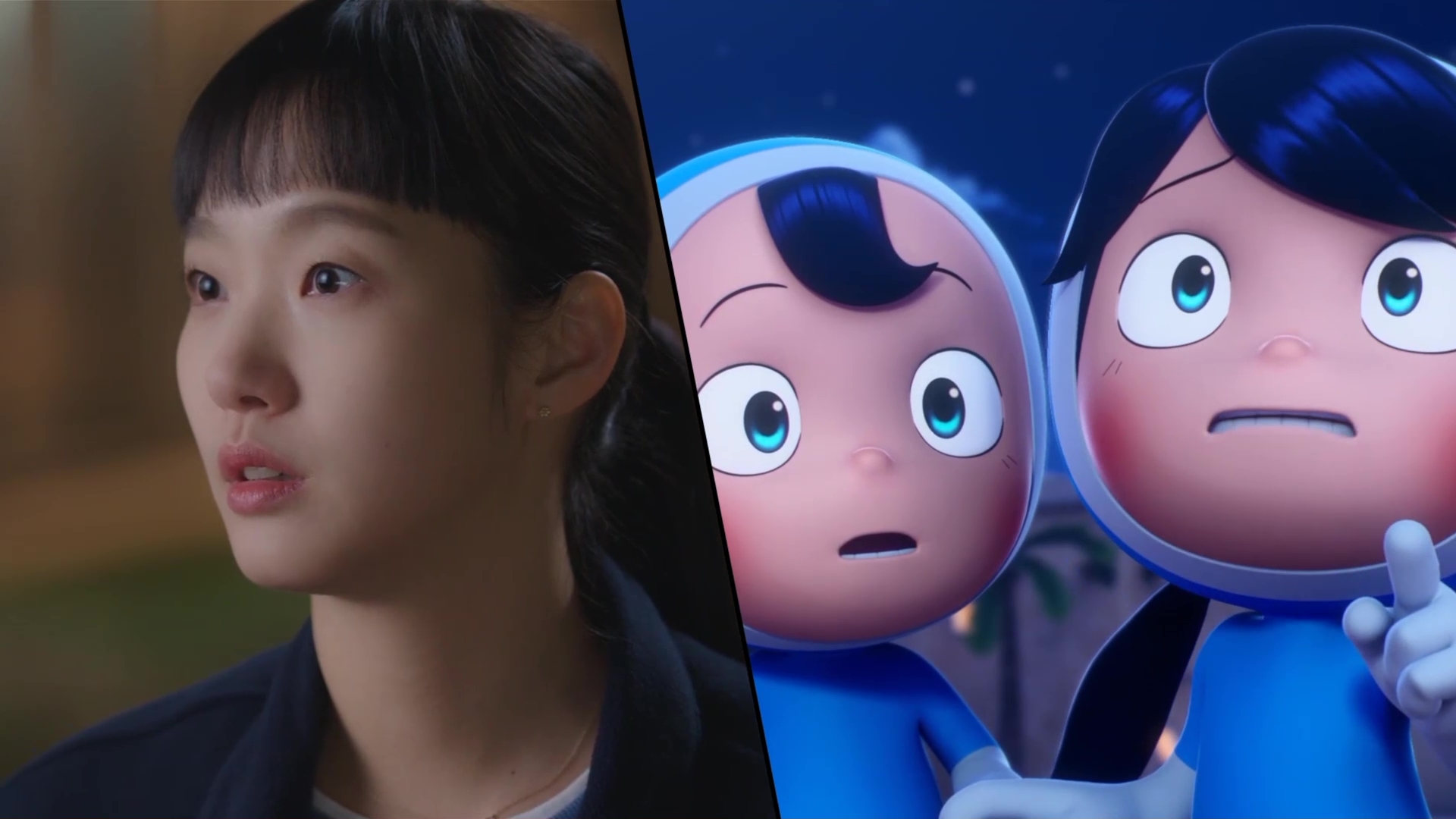
The cells are Yumi’s brain cells — navigating all the logical reasoning and illogical emotions that any of us might go through. Each cell has its own specialty and they’re forced to work together as a team to make our girl Yumi operate in the world (even when they hate each other and would rather stomp off and take their toys with them).
Some of the cells have a little more heft in Yumi’s head — like Reason, Emotion, and the almighty Love — and some are there because they need to be (and they keep the comedy rolling) — like Hunger, Anxiety, and Naughty (who Yumi has to keep in check when she spots a cute boy).
The best part is that as the drama goes on, we start to see the cells of other characters, especially Yumi’s boyfriends (yep, that’s plural) and it adds a ton of relatable depth to relationships gone awry. If you’ve ever dated someone and thought, “What the hell is going on in their head?” well, this drama is here to provide the (hilarious) answers.
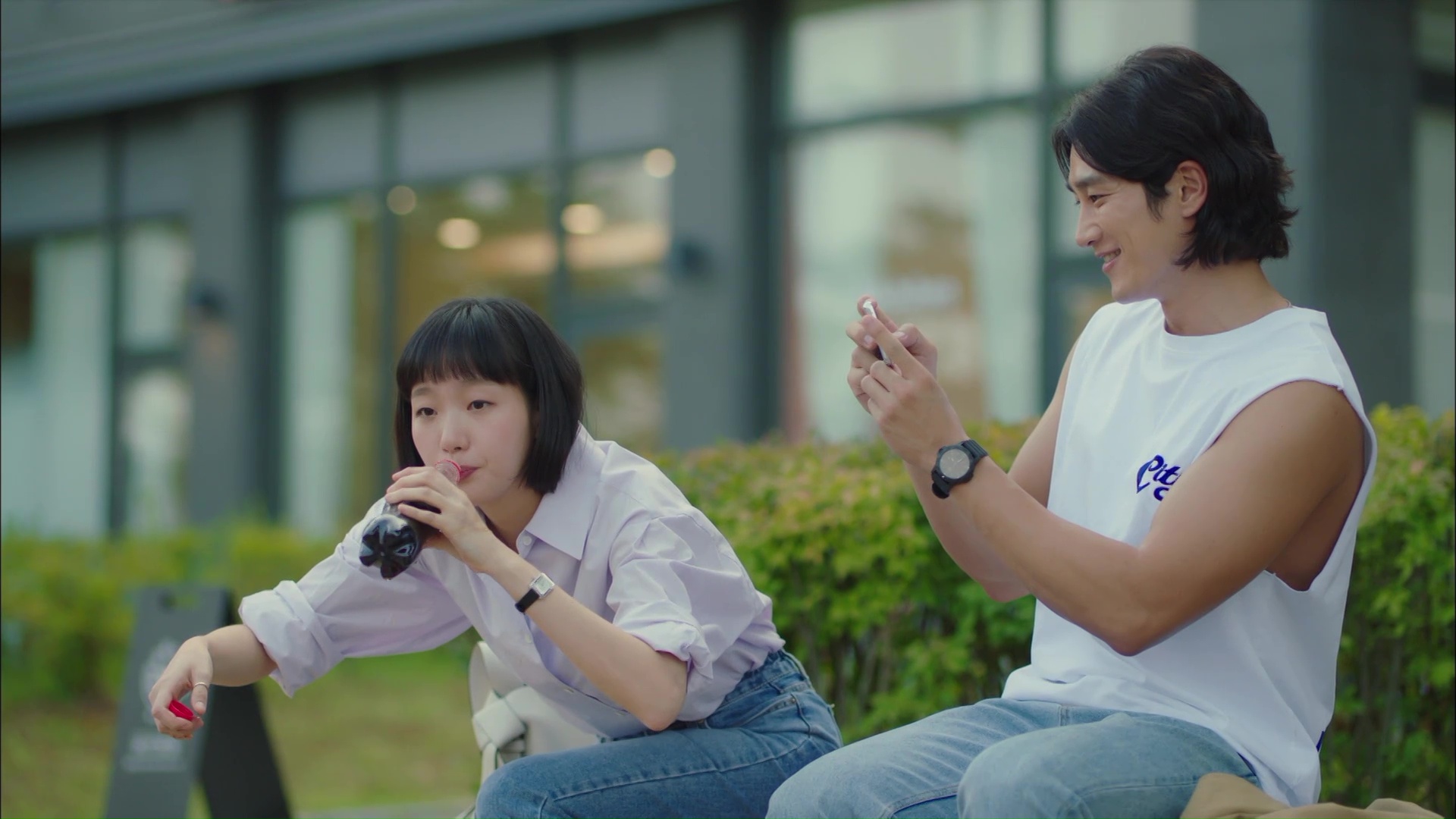
1. The Story
Let’s start with the story. This is just a solid story of growth from the point of view of a woman making it on her own and wondering where her priorities should be. Do we really have to choose between love and career? And where should we rank ourselves on our personal list of top things to take care of? Isn’t it okay to put the hot guy who’s currently staring at us across the table first on our list?
Miss Yumi has to go through 28 whole episodes before she gets answers to these questions. And it’s not a linear path. The drama is broken into two seasons (14 episodes each) and by the end of Season 1, I needed a heart-mending break as much as Yumi did. We’re by her side — and in her head — through the whole journey, and lots of times we think we have the answers, only to find out that life is just a complicated mess (and it’s probably going to knock us on our butts).
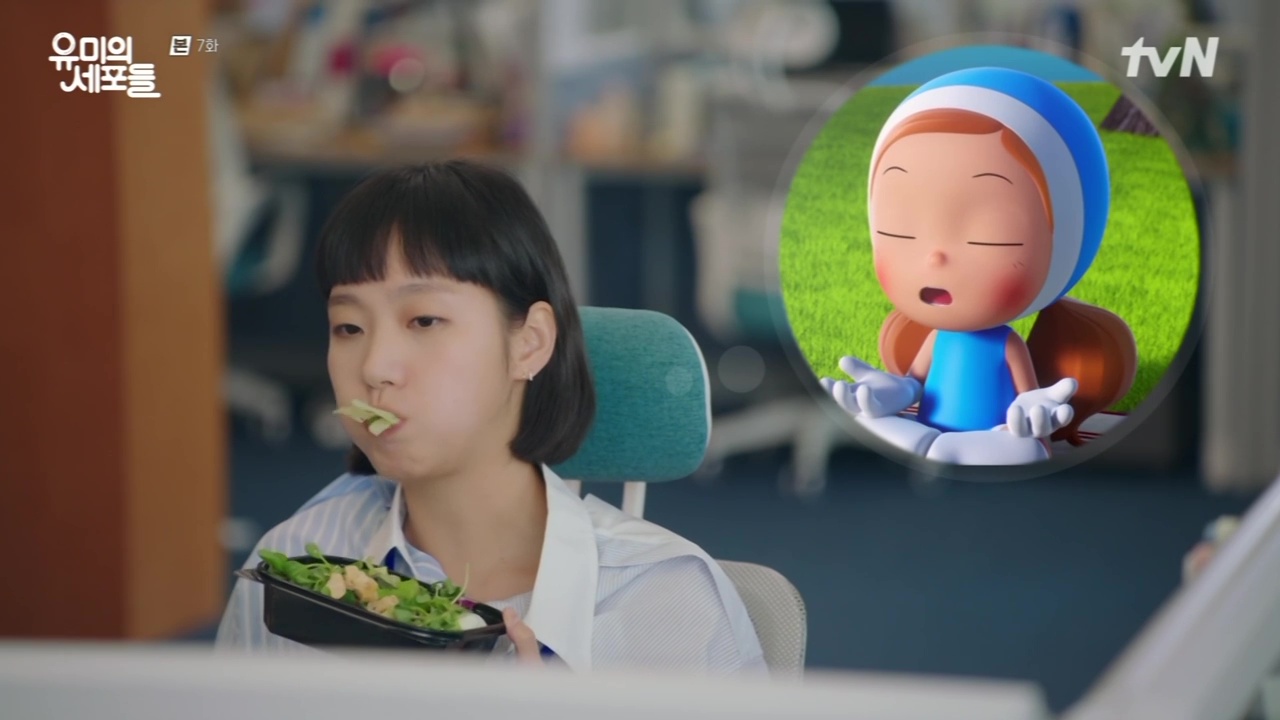
2. The Storytelling
From a narrative point of view, this drama is genius. I’ll say it again: GEN-YUS. It’s like a novel in the sense that we know what the characters are thinking as they make their decisions and choose between possible alternatives. This is different than most visual mediums (dramas included), where we see how a character acts, but we don’t see all the actions they could have taken, but didn’t.
So, for example, if Yumi does something questionable — like lying to her boyfriend — we know how much she struggled internally before she decided to do it. We may not agree with Yumi’s choices, but we can see right inside her heart to know why she’s making them — and all the sticky obstacles that go into making that singular choice.
This makes the cells absolutely necessary to tell this story. What we end up with is almost like two worlds. We have the exterior world, where Yumi is, and the interior world, where the cells are — and even though they’re connected — it’s important to see the cells working independently. They’re pulling all the strings and fighting amongst each other, so that Yumi can be her best self.
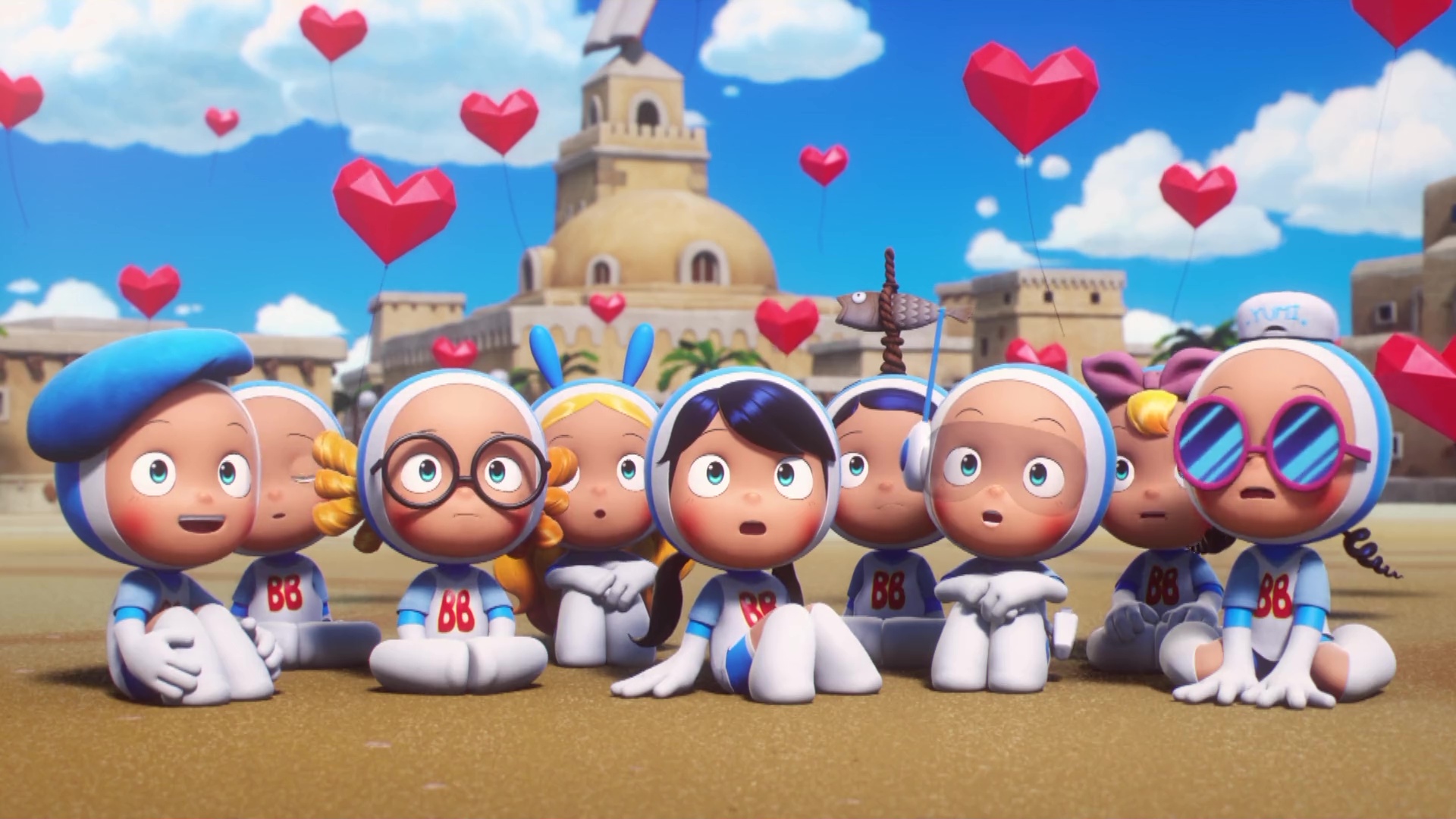
3. The Cells
Plus, watching the cells is like looking in a mirror. How many times have you thought to yourself that you want to do one thing, but you should do another? Or maybe there’s like five things pulling you in different directions. Now imagine all those opposing ideas are adorably animated little squishy characters with funny voices. The war inside your head just got a whole lot cuter.
Really, the writers behind this drama must have been psychology majors because all the elements are accounted for, from daily reasoning to the storms of depression. If Depression or Rage take over, they can cloud your thoughts and shut down everything else. But if something good happens, be on the lookout for Endorphins! Now that’s a party.
This is why the cells have to be animated. I’ve heard pushback against the idea of mashing animated characters into a real-world drama, but if you watch even the first episode, you’ll see why it makes sense. The storms of emotion are depicted as real storms — sweeping our cells out to sea and leaving our heroine adrift. A gut-wrenching heartbreak leaves Love cell in a literal coma, unable to love again for a long time. And fist fights are a regular occurrence when Emotion wants what she wants — Reason be damned! Aaaand, they’re funny! You will see yourself in them and laugh out loud (or at least think real hard about why we are the way we are).
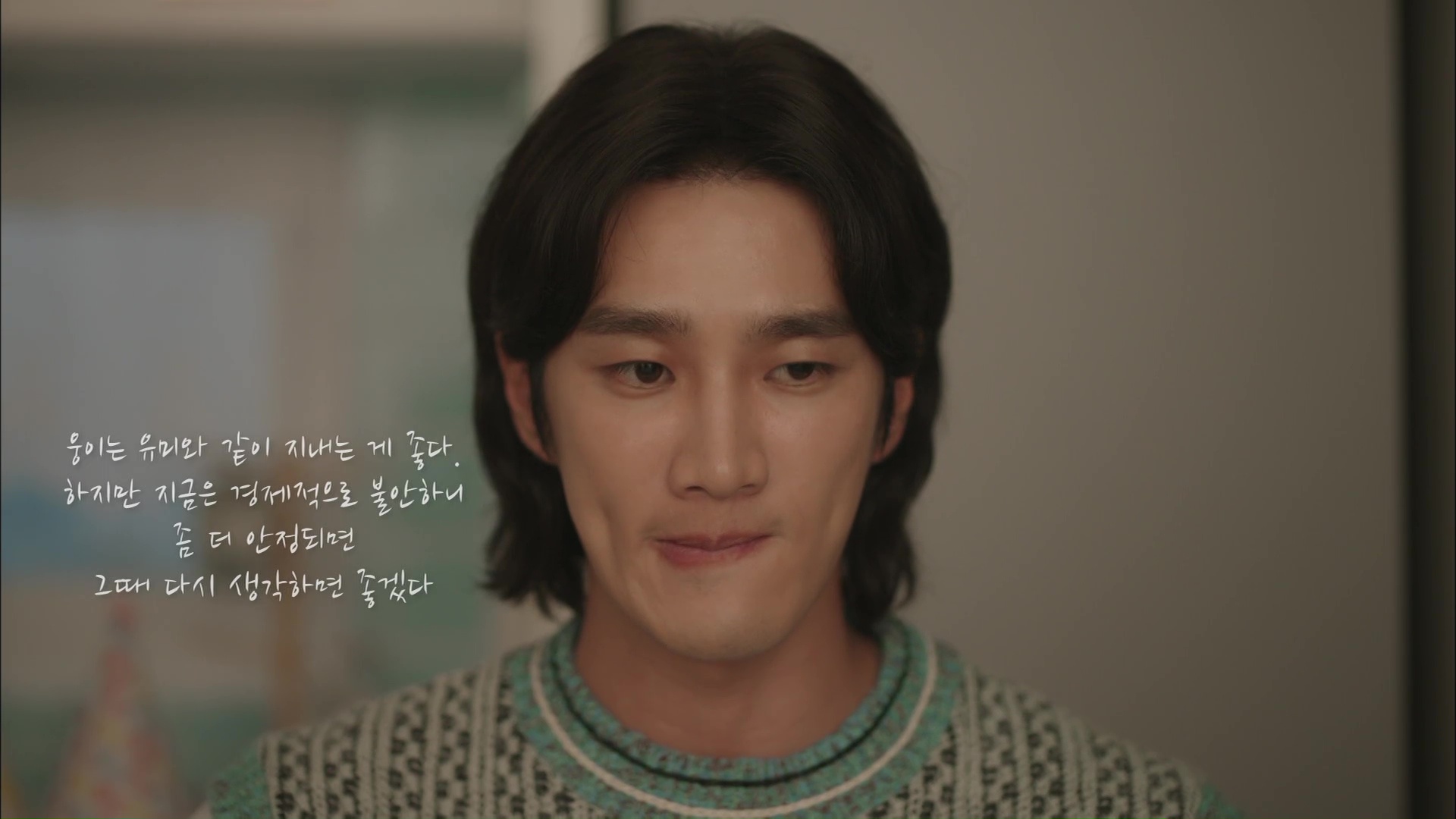
4. The Comedy
The cells are funny on their own, but it’s the deadpan of moving between the cells’ world and Yumi’s real world that makes the comedy hit. In Season 1 especially, our heroine is constrained by regular problems like trying to book a hotel that’s sold out, or spilling coffee on her clothes and needing to change, but she’s fraught with indecision about the “right” thing to do. We see the cells arguing their cases in her head, and then Kim Go-eun’s anxious expressions as she has to carry out whatever the cells have decided. And each interaction with other characters (who have their own cell battles in their heads!) is like a badminton match back and forth as the cells respond to incoming information.
On the other side, when we see inside the head of her Season 1 boyfriend, GOO WOONG (Ahn Bo-hyun), we get a whole different set of operations for how a human brain can work. Woong is a programmer who thinks in flow charts and bases all his decisions on data. This adds a new level of hilarity when emotional Yumi is trying to understand overly rational Woong. Sometimes we see his cells spouting extended explanations — in his head — only to have him answer Yumi with “yes” out loud. Ha! (Warning: watching this with a significant other may lead to arguments.)
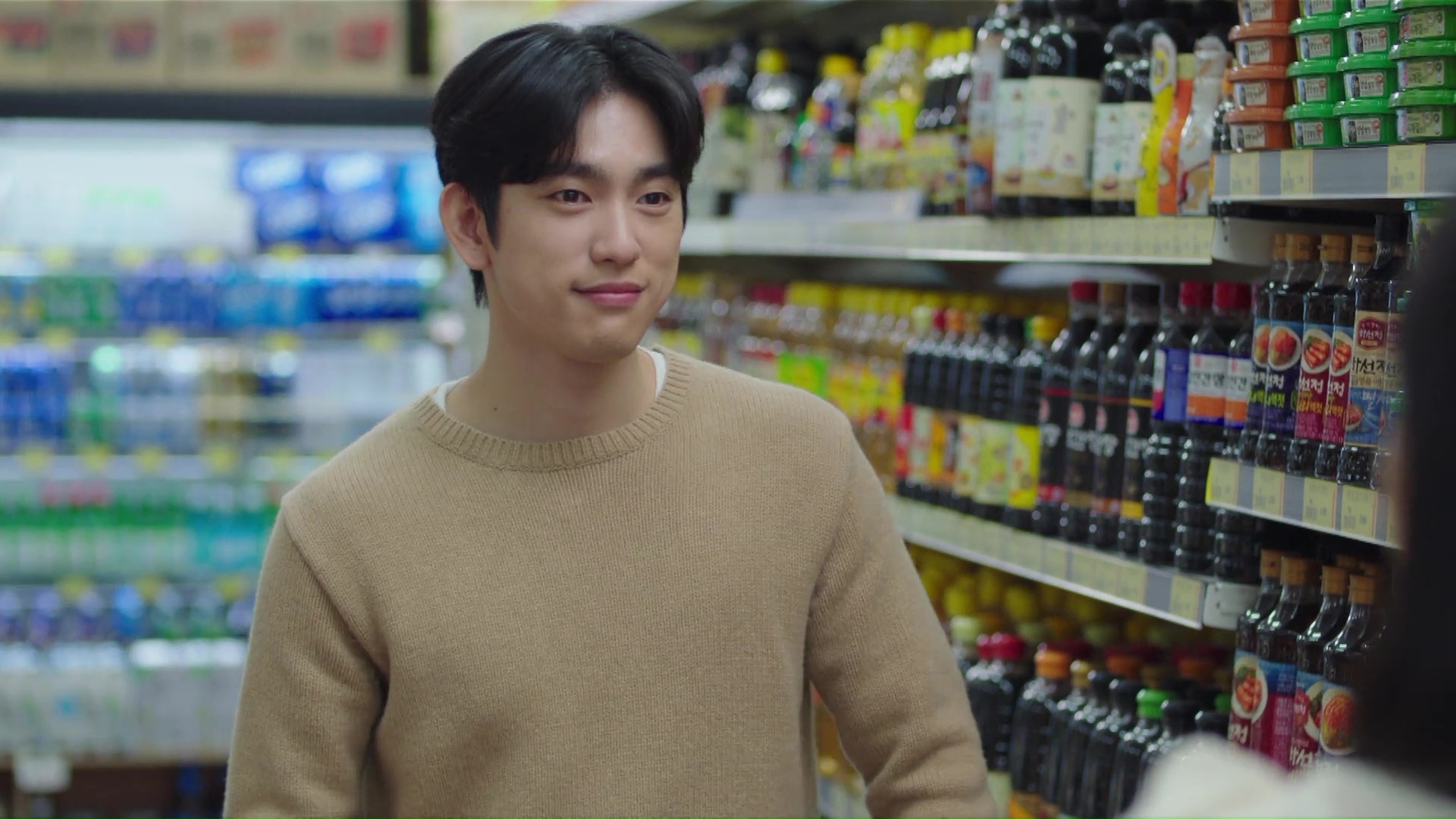
5. The Boyfriends
Since there are two seasons — with two different lead men on the posters — I don’t think it’s a spoiler to say that Yumi has another boyfriend after Woong. In Season 2, she’s paired with YOO BOBBY (Jinyoung) and both Woong and Bobby are reasons to watch. Eye candy, sure, but the personalities of these men will have you rooting for them as much as you do for Yumi. Woong is rational and hilarious, while Bobby is swoony and emotional. Both make sense with Yumi for different reasons, and it presents a conundrum for our growing heroine when it comes time to make the hard life choices.
Personally, Bobby is one of my favorite male leads ever. I love Woong, for Yumi, but Bobby exceeds the drama and what it’s trying to do. Bobby’s internal landscape is full of hearts and music and his strong suit is supporting Yumi to be the person she wants to be. When Yumi wants to take a leap of faith and change careers, Bobby tells her to go for it. When she needs to handle a few loose ends with her ex, he trusts her. And when things get difficult between the two of them, he’s the first one to say he misses her. If you need one and only reason to watch, it’s Yoo Bobby.
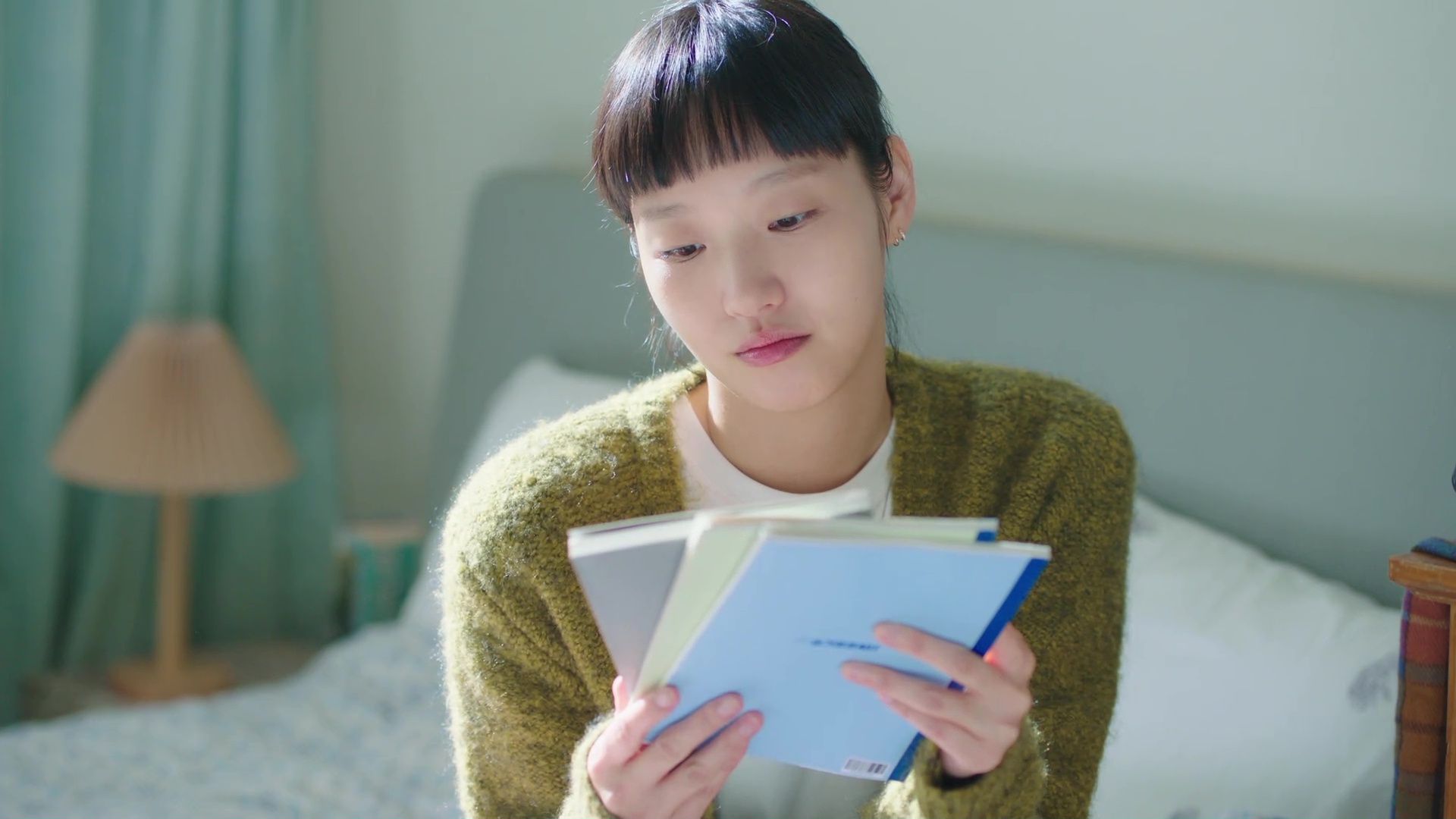
6. The Heroine
After all I’ve gone on about, it’s probably not a surprise that I think Yumi is one of the all-time greats when it comes to heroines. She’s flawed — sometimes to a cringey degree as she makes mistakes or holds tight to her worn-out rules — but that’s why I love her. She’s an everywoman without having to sacrifice brains, wit, personality, or values. She wants love (who doesn’t) and isn’t sure about the best way to get it. But she has an inkling that loving herself might have to come first, if she can figure out how to get there.
I’m not going to give away the hook here, but the drama changed my mind about who a heroine could be and what she’s “allowed” to do in dramaland. Yumi zooms through three crushes in two seasons (with mentions of boyfriends in the past), sort of slaying the idea of an OTP. Hey, I love an OTP as much as anyone else! (Romance is why I got into this game.) But I also love variety and independence, and when it comes to my drama heroines, it’s nice to see myself reflected once in a while.
So, there you go. You’ll laugh, you’ll cry, you’ll clutch your heart and roll your eyes — but no matter what, it’s guaranteed to get your brain cells moving.

RELATED POSTS
[ad_2]
Source link

